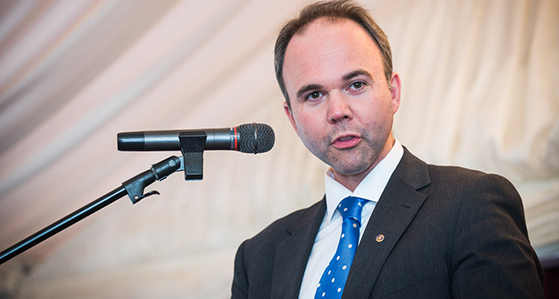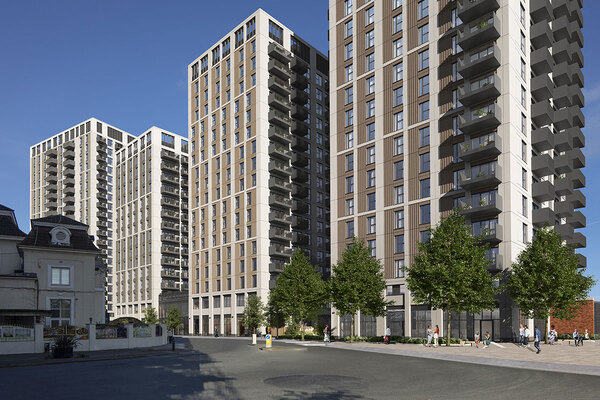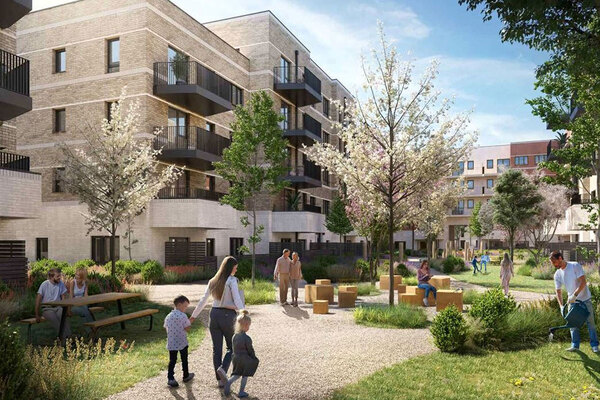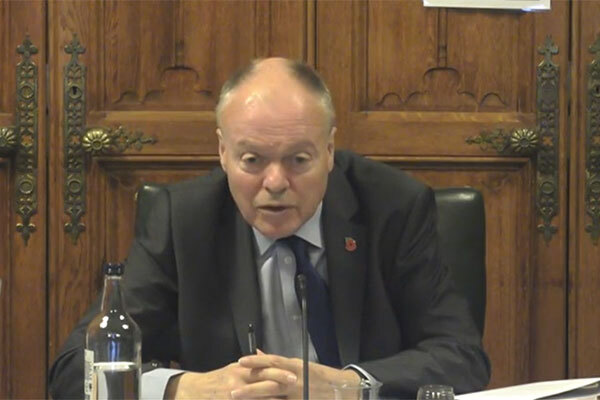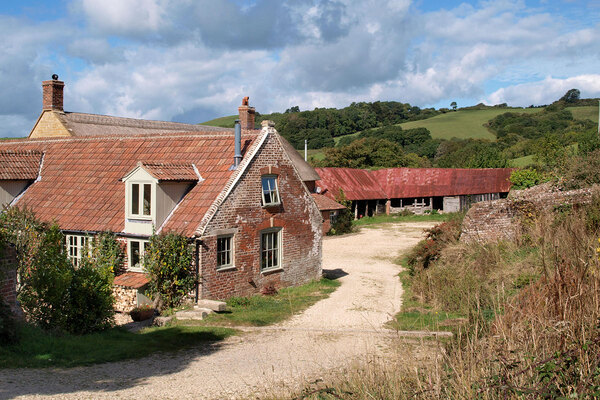You are viewing 1 of your 1 free articles
Barwell: we want to end local political resistance to new housing
The housing minister hopes to end local political resistance to housing developments through better design quality and the provision of upfront infrastructure.
In a speech at the UK Housing Delivery Summit, Gavin Barwell said the government is looking at how to avoid “political resistance at a local level” when housing is proposed in an area.
Mr Barwell also set out three areas the long-anticipated Housing White Paper will tackle.
These are:
- Releasing more land for housing
- Speeding up housing delivery
- Diversifying the housing market
Mr Barwell said there are parts of the country where councils are “simply not releasing enough land to meet the level of need they’ve got for housing” and the government “needs to address that”.
He said the government will try to ensure that “when someone comes forward and proposes building homes that are desperately needed, that proposal doesn’t meet with political resistance at a local level. That’s a role for us in national government and also local politicians”.
He added breaking down this resistance would rely on “design, quality and infrastructure so it’s going in upfront… and also thinking about who those homes are going to go to because if people feel like their kids will get the homes, they’re more likely to support new housing”.
Inside Housing asked Mr Barwell what plans there are for the green belt, following several national newspaper reports about Conservative minsters with largely rural constituencies opposing development on the green belt.
Mr Barwell said the policy is already “broadly in the right sort of place” and added the debate over how to get homes built should not focus on the “contentious issue of the green belt – there’s far more to it than that”.
He also committed to tackling development delays. He said the build-out of housing can be slowed down by a range of issues, including infrastructure delays, the planning system, Section 106 agreements, planning conditions and utility companies.
He added: “We’re going to deal with those but we are then entitled to turn to industry and say ‘OK, we’ve dealt with all the things you told us are slowing things up. We now want to see an improvement in performance’.”
The market should also be “diversified” beyond large developers, to include councils, housing associations and institutional investment in the private rented sector, he said.
Mr Barwell said there is “far too much time, money and energy wasted on unnecessary conflict” in the planning system, “whether that be rows about what objectively assessed need is, or the rows about whether people have a five-year land supply”. He added “too many” schemes are going to appeal and being referred to ministers.
He said if the system is simplified so developers and communities will know where housing can be built then that will “do a lot to speed up development”.
Mr Barwell said the one area for improvement that all parts of the sector agree on is better resourcing for council planning departments. He said: “There are things the government can do to help here. First of all we’ve got control over the fee levels they get for various types of application. There’s also the possibility of extra funding for service transformation and the possibility for authorities charging higher fees for certain premium services.”
